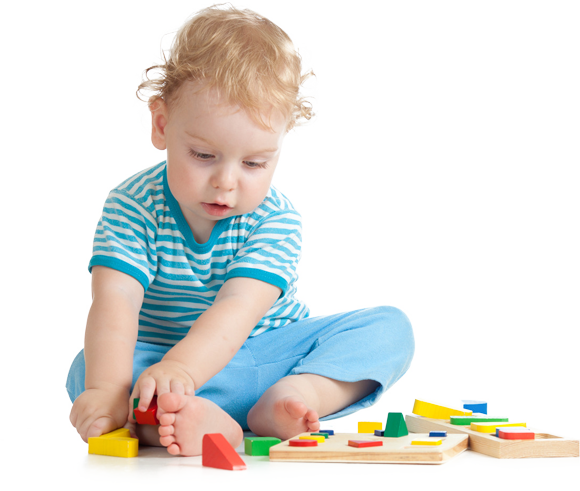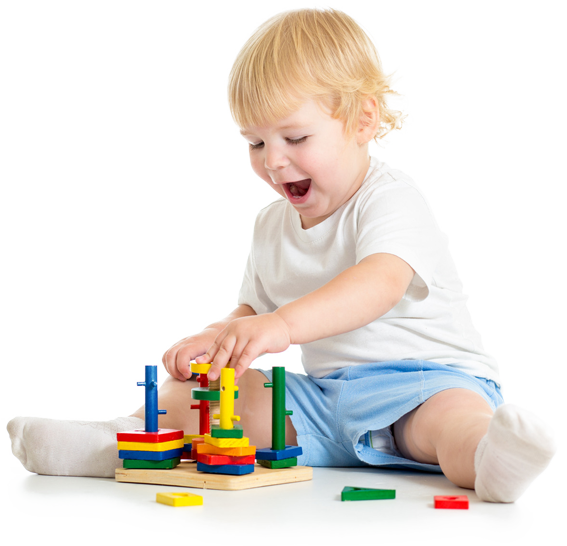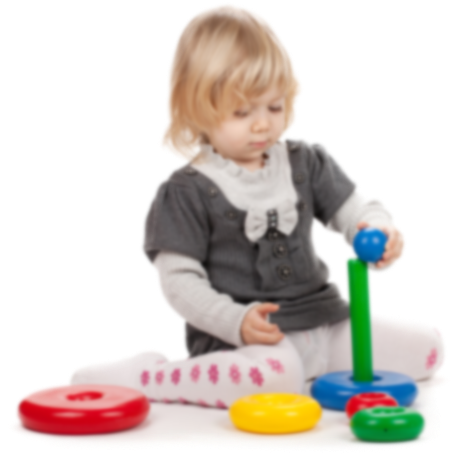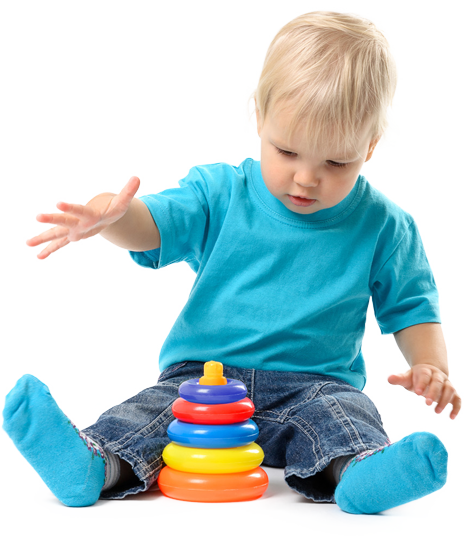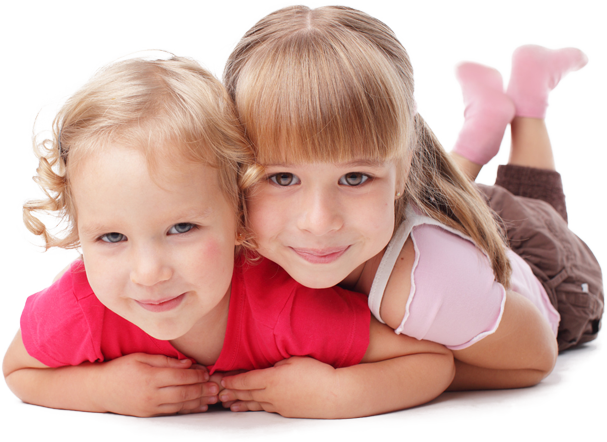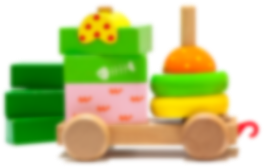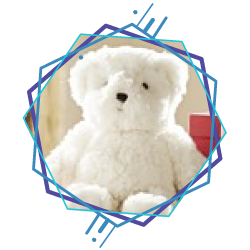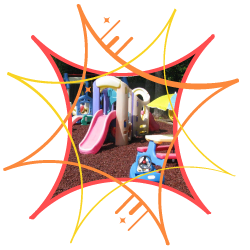Q
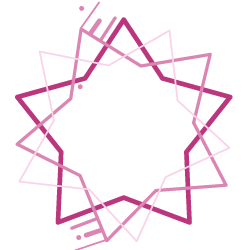
R
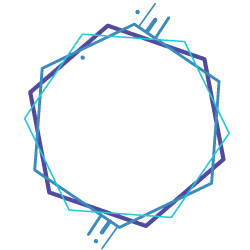
A
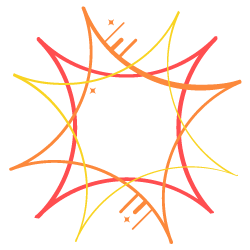
M
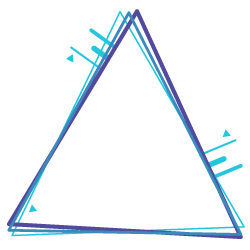
Y
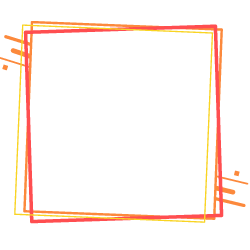
C
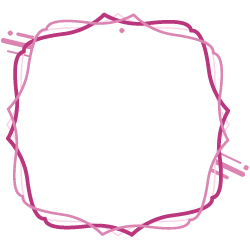
Z
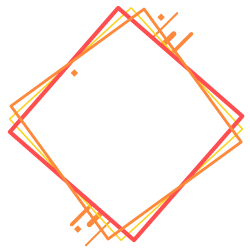
That
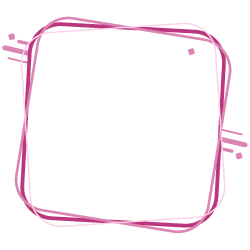
K
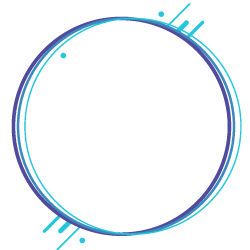
Program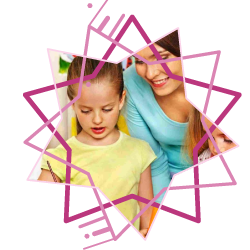
In its didactic and educational work, the kindergarten implements in an innovative way the core curriculum of preschool education defined by the Regulation of the Minister of National Education.
In the kindergarten there is a 5-day working week from 7.00 to 17.30 excluding public holidays and holidays.
TIMETABLE:
- 8:00 – 8.30 arrival of children to the kindergarten, free games, organizational and cleaning activities
- 8:30 -8.50 breakfast
- 8:50 – 9.00 a.m. discussion of the daily schedule
- 9:00 – 10.00 classes based on the core curriculum and additional classes
- 10:00 -10.15 second breakfast (fruit)
- 10:15 – 11.30 classes based on the core curriculum / additional classes / free games
- 11:30 -12.00 lunch
- 12:00 – 12.30 relaxation and rest time
- 12:30 -14.30 classes based on the core curriculum / additional classes / free games
- 14:30 – 14.45 afternoon tea
- 14:45 – 17.30 casual games, playground, going home
Scheduleof the day
Aboutturning
The kindergarten is located in a quiet district of Łódź, far from the main urban arteries. Our advantage is a convenient location that is well connected with the city center. On the territory of the kindergarten there are playgrounds adapted to the needs of our pupils. They are equipped with many devices and garden toys:
- Swings
- Slides
- Sandboxes
- Cottages
- Carousel
- garden with fruit trees,
- "mud kitchen", which is the most popular among children.
The model of education proposed by us assumes that:
- The knowledge gained by the preschooler is in the course of the child's own cognitive activity based on the experience already possessed.
- A child's intrinsic motivation provides a much stronger stimulus to learning than external factors.
- We believe that a prerequisite for the realization of the values we have recognized is respect for the personal value of the child to the widest possible extent, which does not endanger health and freedom.
- Each of us, especially the child, functions in three aspects: body, mind and emotions. The harmonious development of each of these aspects affects the sense of coherence and satisfaction in life.
- A child is equal to an adult. The differences between a child and an adult are solely due to the child's fewer experiences. The responsibility for the relationship with the child lies with the adult.
- Every human being has a creative potential. The kindergarten creates a climate for developing this potential.
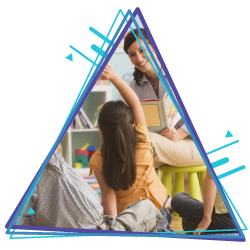 Model education
Model education
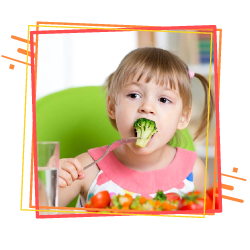 inYnutrition
inYnutrition
The kindergarten cooperates with the catering company "Myślę więc jem", which specializes in children's nutrition according to the recommendations of the Institute of Food and Nutrition im.prof.dr.med. Aleksandra Szczygła in Warsaw. The company delivers meals to our facility meeting sanitary and epidemiological requirements.
Our goal is to create optimal conditions for the child to become independent. We are aware that it is in kindergarten that the child gathers experiences that have a huge impact on who they will be in the future and what they will do in the future. We are changing, we are developing so that every child in our institution has almost unlimited possibilities of education, so that he can discover his talents and interests, and if he does not succeed, so that staying with us enriches his life and becomes an inspiration for him for the future.
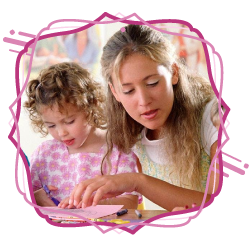 Cel
Cel
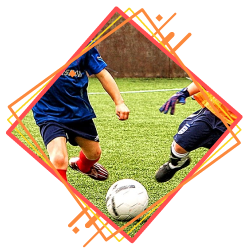 Fromthe ajęcia
Fromthe ajęcia
Extracurricular activities as part of the tuition fee:
- mathematics
- robotics
- chess
- classes with lego bricks,
- arithmetic on soroban ,
- English,
- Italian,
- culinary workshops,
- yoga
- experience in the field of natural sciences,
- TUS-social skills training,
- corrective gymnastics,
- cooperation with a psychological and pedagogical counselling centre,
- plastics,
- music.
Cyclical classes in tuition fees:
- theatre
- classes in the library.
Extracurricular activities – paid:
- kindergarten – sports activities with a ball,
- karate
- Roar Dance – dance classes,
- speech therapist
- educational tours (museum, Konarzewo, EC1, and others.).
The pillars in our institution are mathematical and natural sciences and artistic activity.
- We know that the starting point in the process of knowing the surrounding reality is sensory cognition, experience takes precedence over concepts.
- The basic method of work is experience and the project method that captures a given issue in a holistic way.
- Children work in small groups.
- We do not judge, because judging leads to competition, not to cooperation. Therefore, there are no penalties or rewards with us.
- Artistic education is the fullest way of permanently building and nurturing one's own uniqueness, with us it is implemented in accordance with the following principles:
* the creation process itself is important, not its product,
* The child does not have to worry about his skills, e.g. drawing himself should choose what color or shape he will use. They should know that what they do makes sense, and that they are not judged for it,
* the child should be able to create spontaneously, must be convinced that the variability of his ideas is accepted,
* The child should be sure that he knows the most about what he creates, that no one knows his thoughts.
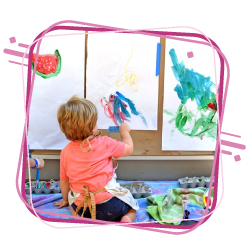 Eeducation
Eeducation
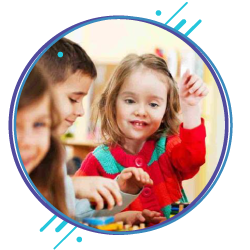 Kadra
Kadra
The staff of Promyczek consists of people who, apart from their pedagogical qualifications, base their relationship with children on openness and trust. We work as a team. This allows us, adults, to systematically analyze our work. Thanks to this, we develop our individual skills. The obvious consequence of this is the development of the entire facility.
We respect the autonomy of the child, which excludes the use of any concept of upbringing, which for us means that we do not educate children on the model of some chosen ideal. According to Carl Rogers, the authenticity of people working with children is a basic requirement for staff in our facility. Teachers work on their own development, thanks to which relationships with children are based on openness, closeness and trust.


